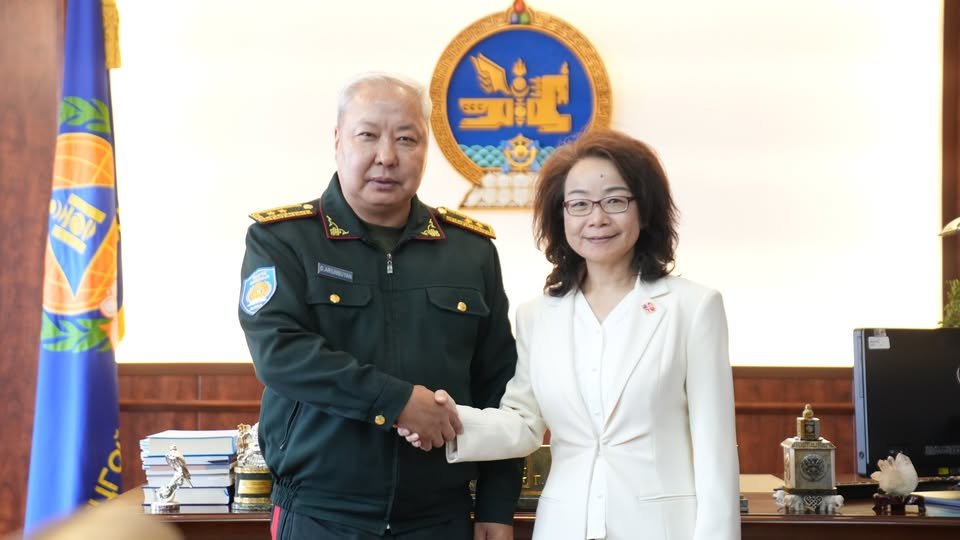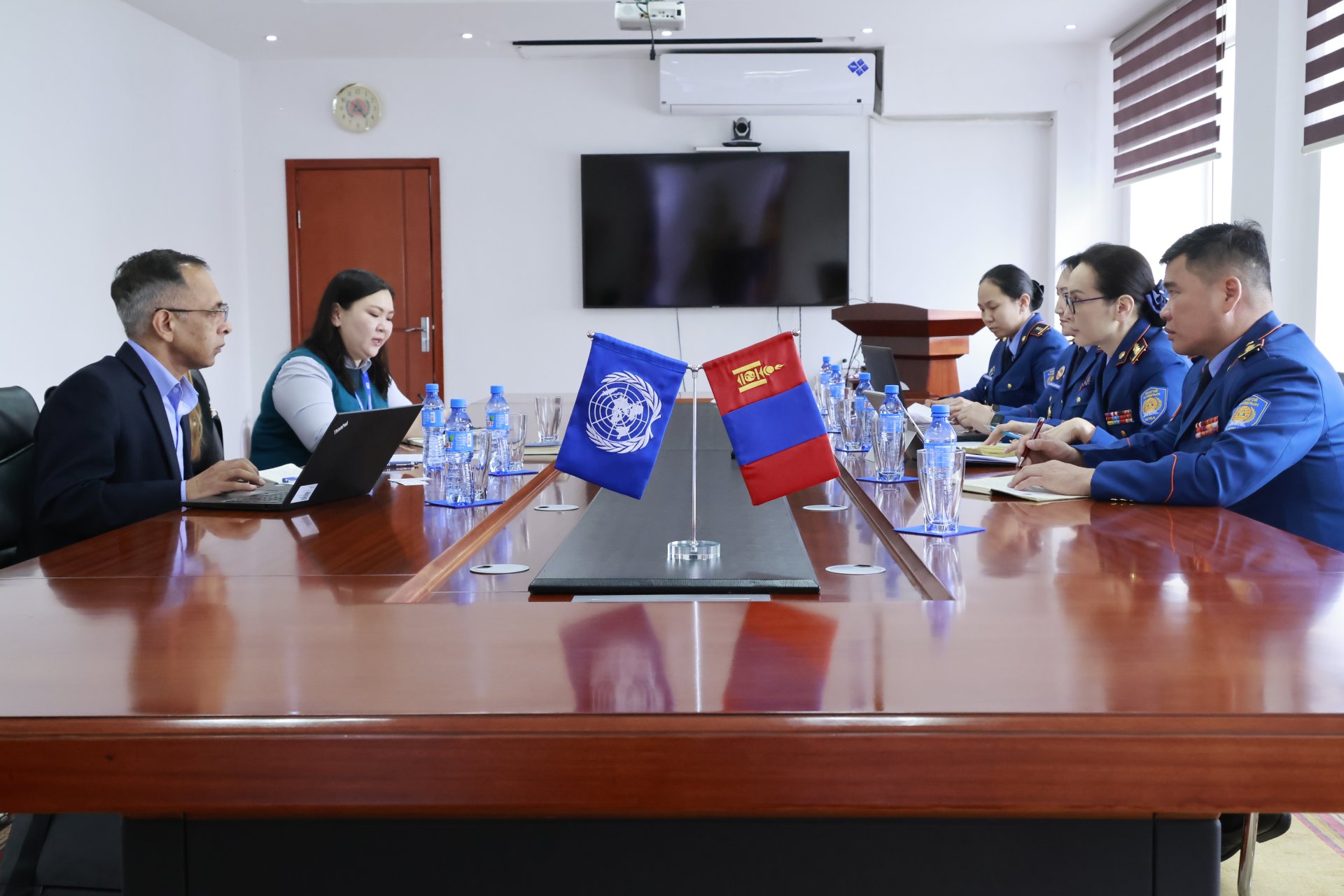Capacity of laboratories for early diagnosis of animal diseases
On October 28, 2024, Deputy Prime Minister of Mongolia S. Amarsaikhan met with Ryan Washburn, the director of the United States Agency for International Development (USAID) in Mongolia, along with other officials.
At the beginning of the meeting, Deputy Prime Minister Amarsaikhan highlighted the significant impact that USAID’s initiatives have had on social development and economic growth in Mongolia. He noted that the projects and programs being implemented are effective and expressed deep gratitude for the support received in overcoming the challenges posed by the recent plague in the country also conveyed his willingness to collaborate on future initiatives in the livestock sector, regional development policies, and with the State Special Commission.

USAID has successfully executed various projects in Mongolia focusing on small and medium-sized enterprises, energy sector reforms, and food security. Notably, efforts in strengthening laboratory capacity for the early diagnosis and prevention of animal diseases have been particularly significant. The agency is also working on a project to empower state emergency workers. Both sides discussed ways to enhance disaster prevention and early warning systems.
Deputy Prime Minister Amarsaikhan emphasized the importance of collaboration among the government, businesses, and citizens to reduce disaster risks. During the meeting, Ryan Washburn expressed his support for the Government of Mongolia's "New Cooperative Movement" project and conveyed USAID's readiness to address the challenges anticipated this winter.
Copy all texts of this article
Download all images of this article
Other news

2024/10/29
Recent NewsExchange of views on bilateral cooperation
Ambassador Shen Minjuan emphasized her commitment to prioritizing and further enhancing cooperation between the two countries in the field of disaster prevention and protection.

2024/10/29
Recent NewsKey topics included setting a date for the event and finalizing the detailed organizational plan
Ulaanbaatar, May 15, 2025 – Colonel Ts. Uranchimeg, Deputy Chief of the National Emergency Management Agency (NEMA) of Mongolia, held a meeting today with Ms. Matilda Dimovska, Resident Representative of the United Nations Development Programme (UNDP) in Mongolia.

2024/10/29
Recent NewsKey topics included setting a date for the event and finalizing the detailed organizational plan
Ulaanbaatar, May 15, 2025 – Colonel Ts. Uranchimeg, Deputy Chief of the National Emergency Management Agency (NEMA) of Mongolia, held a meeting today with Ms. Matilda Dimovska, Resident Representative of the United Nations Development Programme (UNDP) in Mongolia.







